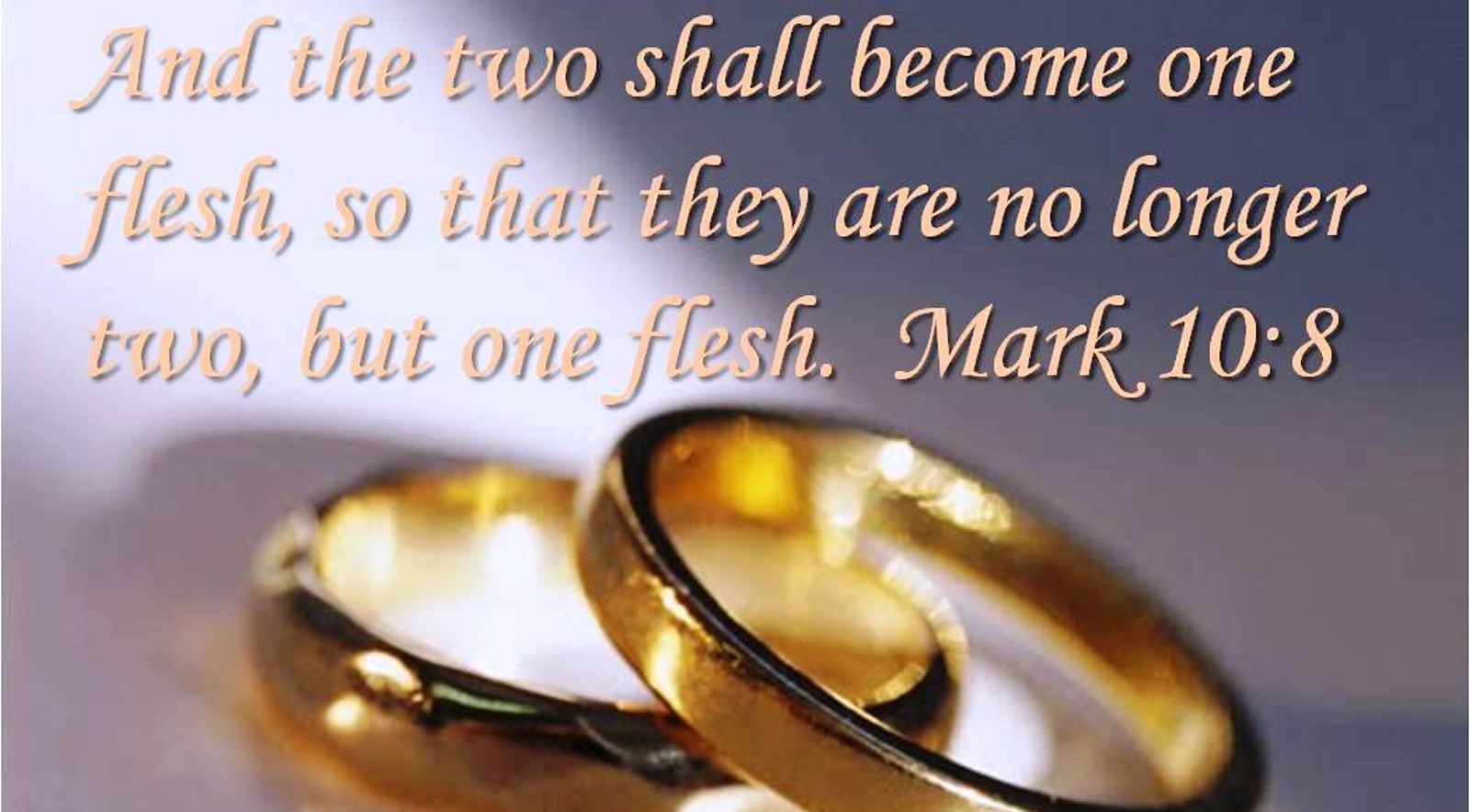Unlocking the Christian Wedding Ceremony

Ever wondered what really goes down at a Christian wedding? Beyond the pretty dresses and delicious cake, there's a rich tapestry of tradition, symbolism, and spiritual significance. This isn't just a party – it's a sacred covenant, a public declaration of love and commitment before God and witnesses. Let's dive into the heart of a Christian wedding ceremony and uncover the elements that make it so special.
A Christian wedding is more than just a legal union; it's a spiritual joining of two individuals into one flesh, reflecting the biblical principle found in Ephesians 5. The ceremony itself is a structured event with various elements woven together to symbolize this sacred bond. From the processional to the vows and the pronouncement, each part of a Christian wedding ceremony holds meaning and contributes to the overall experience.
The roots of Christian marriage ceremonies can be traced back centuries. Early Christian practices drew upon Jewish traditions and incorporated symbolic rituals like the giving away of the bride, the exchange of vows, and the blessing of the couple. Over time, these traditions evolved, influenced by cultural and denominational practices, resulting in the diverse range of Christian wedding ceremonies we see today.
Understanding the core elements of a Christian wedding ceremony is crucial for appreciating its significance. The processional, the readings, the sermon or homily, the exchange of vows, the exchange of rings, the pronouncement, and the recessional are all integral parts of the typical Christian wedding order of service. Each element contributes to the narrative of commitment, love, and faith that underlies the entire ceremony.
While the core components remain largely consistent, variations exist across different denominations. Catholic weddings, for instance, typically take place within a Mass and incorporate specific liturgical elements. Protestant weddings, on the other hand, might have more flexibility in terms of music, readings, and overall structure. Knowing the specific traditions of the chosen denomination helps couples personalize their ceremony.
One of the central aspects of a Christian wedding ceremony is the exchange of vows. These vows are not mere promises; they are sacred oaths made before God and the congregation. They represent the couple's commitment to love, honor, and cherish each other in all circumstances, reflecting the Christian ideal of lifelong fidelity and partnership.
Three key benefits emerge from a Christian wedding ceremony: the public declaration of commitment strengthens the bond between the couple, the spiritual blessing invokes God's grace upon the marriage, and the communal celebration provides support and encouragement from family and friends. These benefits contribute to a strong foundation for the marriage and a sense of belonging within the Christian community.
Planning a Christian wedding involves several steps. Choosing the officiant, selecting the venue, deciding on the readings and music, writing personal vows (if desired), and coordinating with the wedding party are all key aspects of the planning process. A well-structured plan ensures a smooth and meaningful ceremony.
Advantages and Disadvantages of a Large Christian Wedding
| Advantages | Disadvantages |
|---|---|
| Larger celebration with more loved ones | Higher costs associated with venue and catering |
| Greater sense of community and support | More complex logistics and planning |
Five best practices for a memorable Christian wedding ceremony include: personalizing the vows, selecting meaningful readings, choosing music that reflects the couple's faith and love, incorporating symbolic rituals (like a unity candle or sand ceremony), and involving loved ones in the ceremony (through readings or music).
Frequently asked questions about Christian weddings include inquiries about appropriate attire, gift-giving etiquette, the role of the wedding party, and the significance of various traditions. Understanding these common questions helps couples navigate the planning process and ensure a smooth and enjoyable experience.
Tips for a successful Christian wedding ceremony include open communication with the officiant, thorough planning and preparation, and a focus on the spiritual significance of the event. These tips help couples create a ceremony that reflects their faith, values, and love for one another.
In conclusion, a Christian wedding ceremony is a profound and beautiful celebration of love, commitment, and faith. It's a public declaration of a sacred covenant, a spiritual union blessed by God and witnessed by loved ones. By understanding the significance of the various elements, couples can create a personalized and meaningful ceremony that sets the stage for a lifelong journey of love and partnership. Whether you are planning your own Christian wedding or simply seeking to understand the traditions behind this sacred event, embracing the spiritual heart of the ceremony enriches the experience and reinforces the enduring power of love and commitment. Take the time to explore the rich tapestry of Christian wedding traditions and create a ceremony that truly reflects your unique love story.
Pt cruiser lug nuts everything you need to know
Unveiling the male leads little lion daughter vf phenomenon
Mastering c5 corvette lug nut torque your guide to proper wheel installation








/Wedding-58e3b0263df78c51620259cc.jpg)




